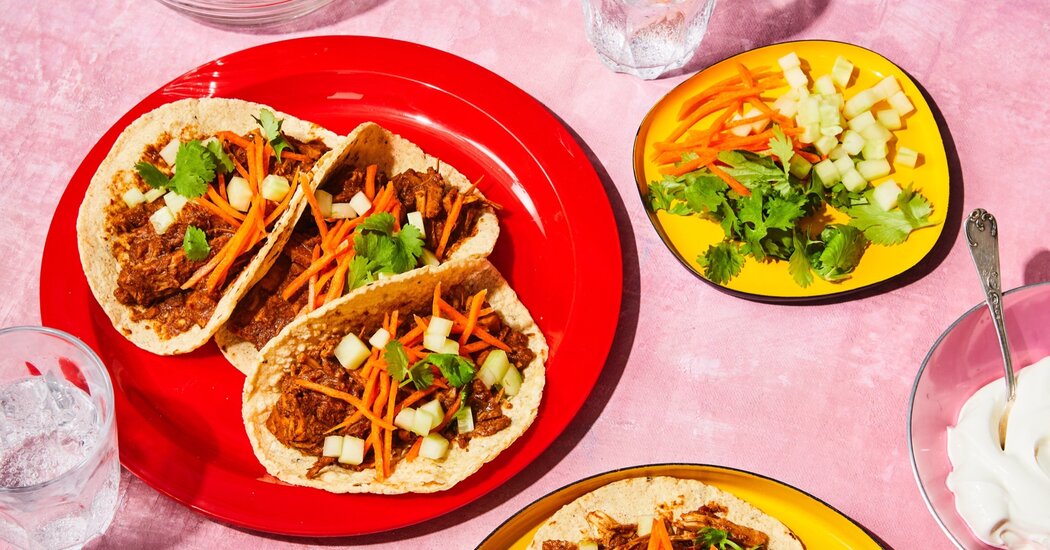Perhaps to outsiders, it appears forbidding. Its reptilian hide evokes the flank of a dormant dragon. Its fragrance when ripe is, how shall we say, strong. (Like the durian, it has been banned from airplane cabins.) Then, too, there is the issue of its unwieldy size. The jackfruit is a giant: the largest fruit borne by trees. The heaviest specimen on record, documented in the western Indian state Maharashtra in 2016, measured nearly two feet long and more than four feet around, and weighed 94 pounds 2.9 ounces, according to the Guinness World Book of Records. Rivals for the title include a 144-pounder reportedly sighted at a jackfruit festival in the southern Indian state Kerala in 2010.
Kerala is where the American poet and essayist Aimee Nezhukumatathil first tasted jackfruit, at age 8. She was visiting her paternal grandparents, whom she knew through the carefully typed aerogrammes they mailed her every few months. Their neighbors didn’t quite know what to make of this half-Indian, half-Filipino girl from Chicago, who had bobbed hair and wore shorts and pink glasses (“too much reading,” her mother explained). Then they watched her devour jackfruit and understood that she was one of them after all.
In her new essay collection, “Bite by Bite: Nourishments and Jamborees,” Nezhukumatathil recalls her grandfather’s “slicing open the pebbly rind to reveal the light yellow petals filled with a juice sweeter than I’d ever tasted before or since.” A jackfruit, like a pineapple, is what is called a multiple fruit, made up of many small fruits joined together. To her child eyes, each hunk of sun-drunk flesh, grown from its own flower, looked “like the head of a golden tulip.”
Fresh jackfruit is hard to come by in Oxford, Miss., where Nezhukumatathil now lives. But in 2020, when grocery supplies were running low during the pandemic, she spotted canned young jackfruit at the local store. “Nobody else in Mississippi was using it,” she says with a laugh. She bought five cans. At home, she set out to learn to eat it in a new way, not as a snack or dessert, but as the centerpiece of a savory dish.
For when canned young and unripe, jackfruit isn’t sweet at all. The flesh is parchment-white and a blank canvas, genially uncommitted in flavor, game to take on whatever seasonings you throw its way. Sturdy in texture, it holds up in the heat of a pan and can be pulled in strands, like pork. Its satisfying chew has made it something of a recent favorite in the United States among vegetarians as a meat substitute (although it is comparatively low in protein). “It’s about as close as you can get to tearing into flesh,” Nezhukumatathil says.







